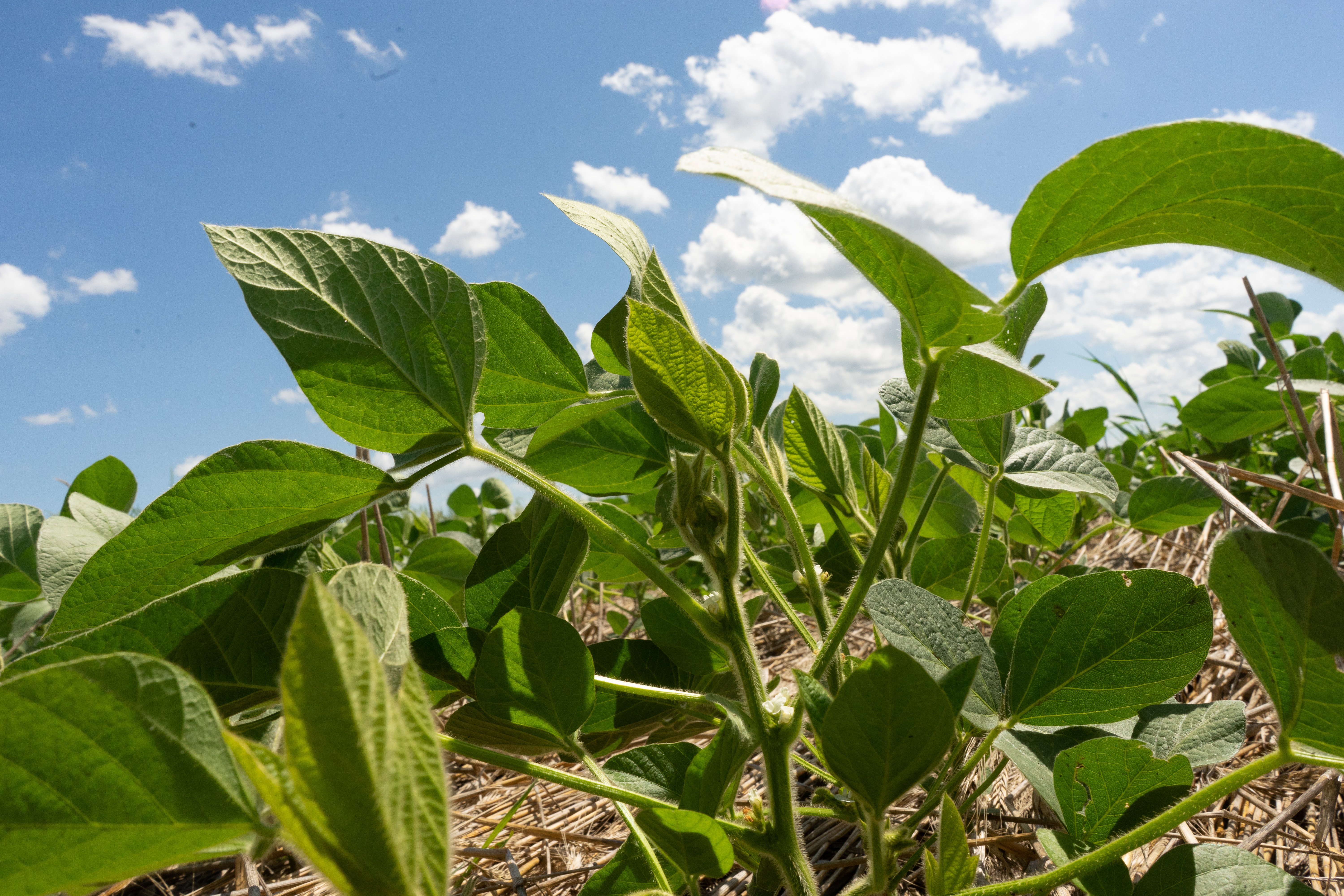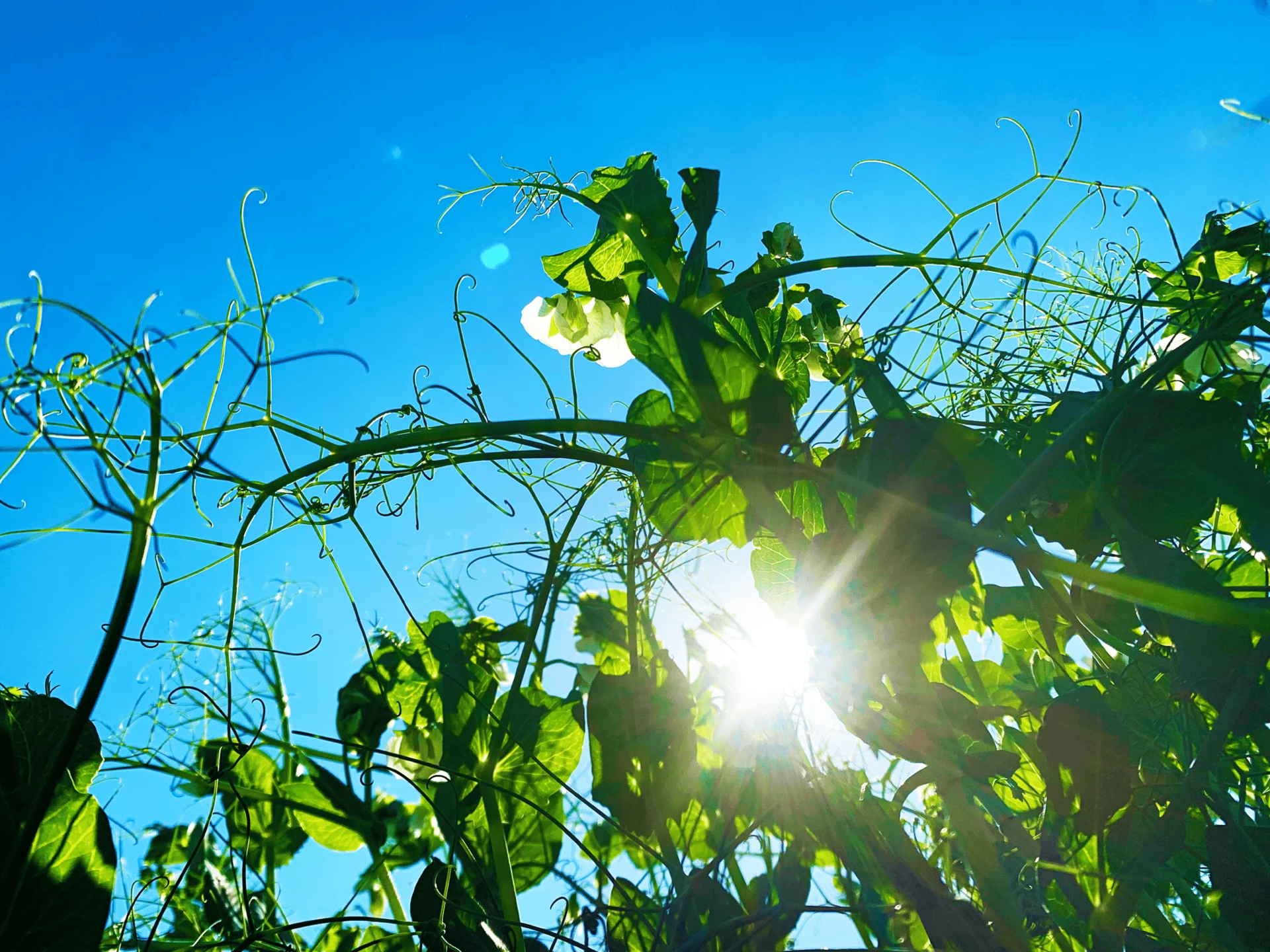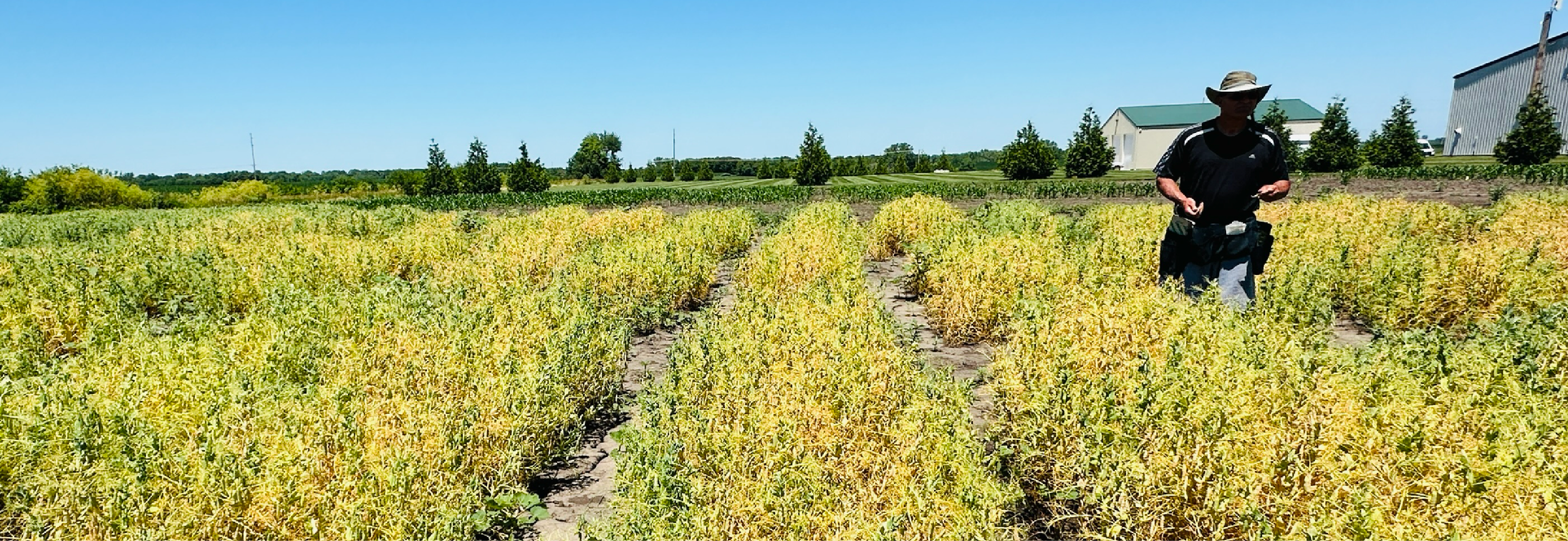“Legumes are part of what you see in nature. That’s what you need to grow on your land.”
Tyrel Eisenbraun. Wall, SD.
In the heart of cattle country, Tyrel Eisenbraun is finding opportunity on both sides of the protein divide. In addition to his thriving beef business, he's growing protein-rich peas to serve a growing market hungry for new options.
Tyrel Eisenbraun’s land has been in his family since it was homesteaded in 1907. Today three generations work on this farm and ranch in Western South Dakota, a region where cattle and wheat have long dominated the market. But that’s slowly changing. “Pulse crops are new in our area,” says Eisenbraun, “but it’s going to be a big year for peas.”
A Plant with History
As the plant-based food movement drives up demand for pea protein, South Dakota is ground zero. Today the state is incentivizing farmers to look more closely at a crop that has deep roots in the landscape.
“Peas are part of the original ecosystem in this area,” says Eisenbraun. “Look at the natural prairie: that’s what you need to grow in your land. Legumes are part of what you see in nature.” Well suited to the area’s soil and water conditions, peas flourish in low areas where other crops do not. Eisenbraun believes adding them to his rotation has helped restore some of the natural character of his land.
The PURIS Opportunity
Eisenbraun began taking legumes seriously after attending the National Pulse Council in Washington, D.C. He learned that legumes in rotations reduced weed pressure, and read a study showing winter wheat following peas is better than fallow. That got him interested. “With peas, I could reduce nitrogen inputs by $50 per acre compared to wheat.”
With new interest in peas, the arrival of a PURIS facility in Harrold, South Dakota in 2019 was timely. Previously a pulse processing plant, PURIS Harrold is again an engine of opportunity for farmers in the region. Local growers brings their peas to the plant to be cleaned and picked before they’re processed into protein powder and other ingredients at another PURIS facility.
A Key Piece of the Puzzle
Sunflowers are still his money crop, but Eisenbraun has doubled down on his commercial pea operation as a piece of the larger puzzle. Today he grows 1,200 acres of PURIS non-GMO yellow field peas, which not only thrive on his land, they deliver benefits from weed management to lower cost of inputs to soil health. A reliable market for peas via PURIS is the icing on the cake.
The PURIS connection is a two-way partnership. PURIS sends farmers with questions to talk to Eisenbraun, who’s a member of the South Dakota Pulse Council and a vocal advocate for the crop. His guidance to fellow growers is simple: there’s a lot of opportunity.



